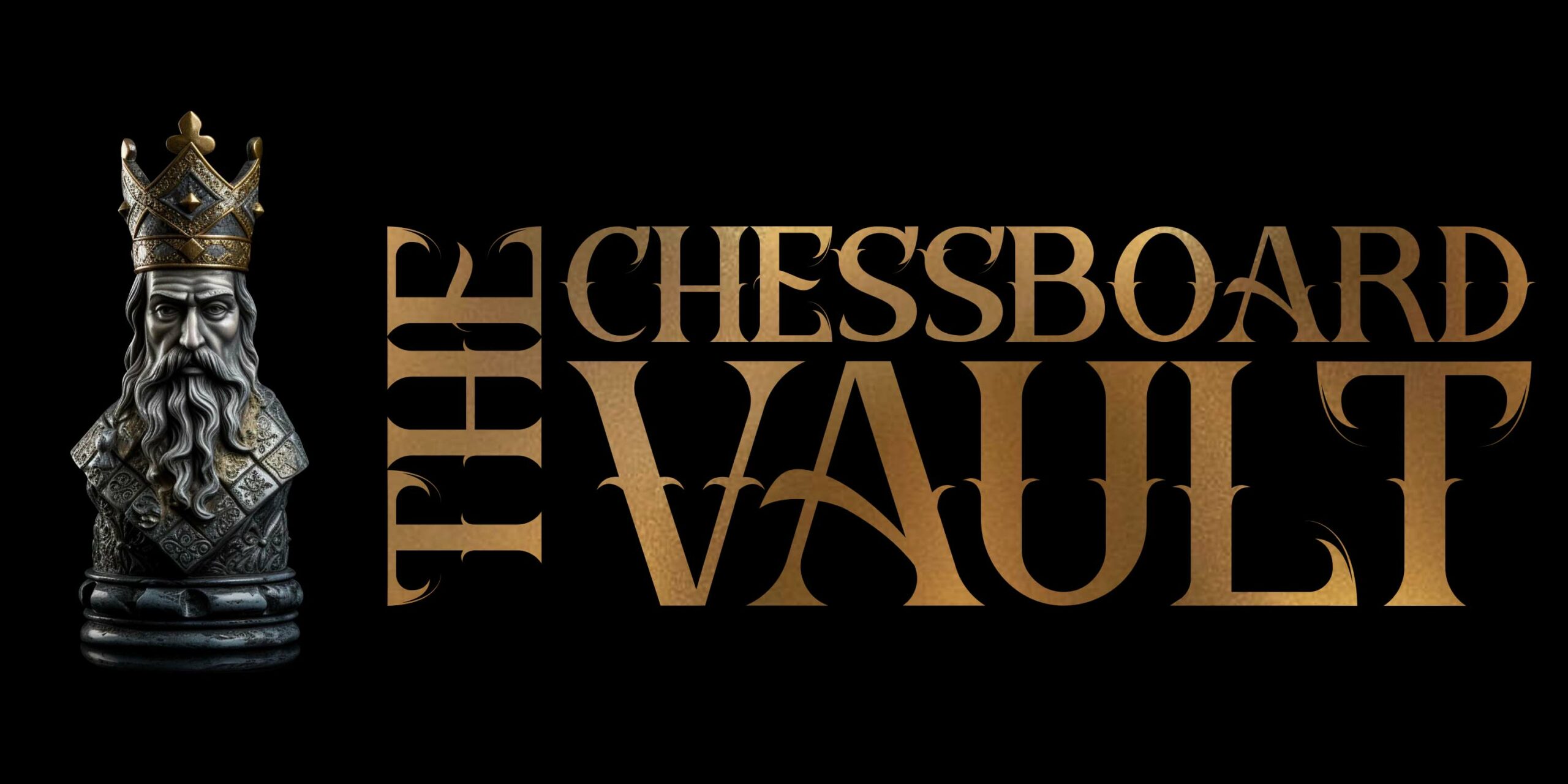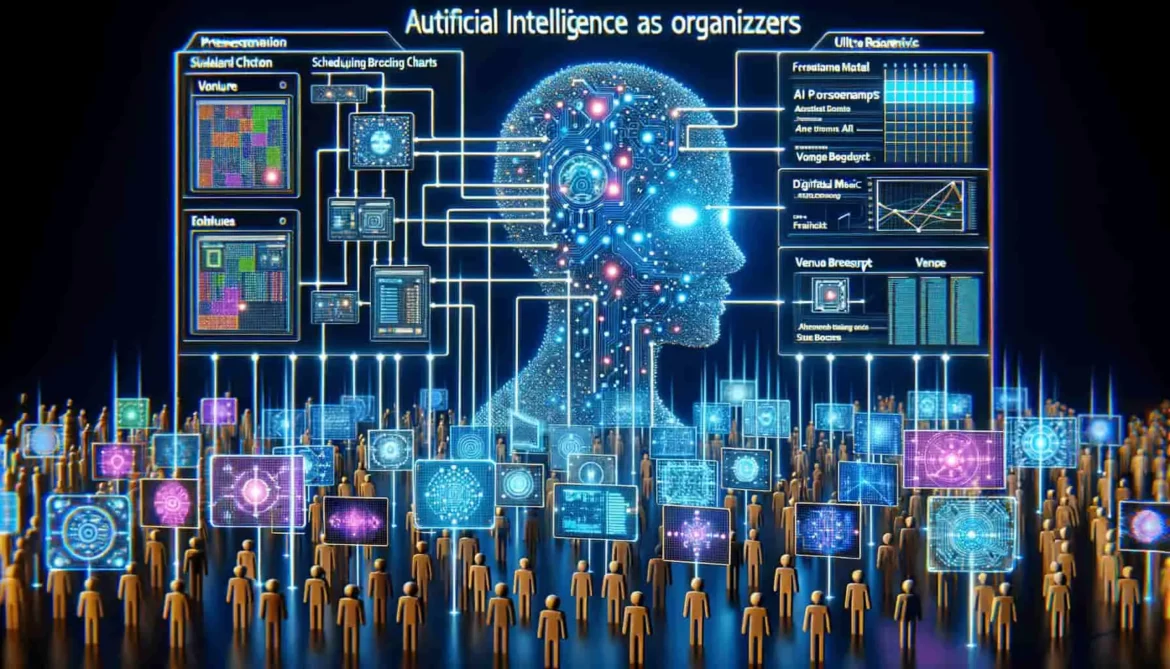Artificial intelligence (AI) is now being deployed in all sectors, including festival organization, where it is beginning to play a crucial role. Offering notable potential for innovation and efficiency, AI promises to transform the experience of organizers and attendees alike. In this article, we’ll explore how AI is being used in festival management and what prospects it offers.
Definition and Principles of Artificial Intelligence in Event Management
Understanding AI: Applications and Benefits
Artificial intelligence refers to the set of technologies that simulate human intelligence. In particular, these technologies are capable of processing large amounts of data, learning from it and adapting to it. In the context of events, AI can be used to automate and optimize festival marketing, ticketing, planning and security.
The Evolution of AI: From Theory to Practice in Festivals
The rise of AI in the events sector is recent. However, the transition from theory to practice is accelerating. More and more festivals are using AI to refine their marketing, personalize the attendee experience, anticipate logistical needs and enhance event security.
Using AI for Festival Promotion and Planning
AI-driven Marketing Strategies to Attract Audiences
AI-driven marketing techniques enable more precise targeting of potential audiences through behavioral analysis and automated management of advertising campaigns. Algorithms can identify individual trends and preferences, ensuring more personalized and effective advertising.
Logistics Optimization: Resource Planning and Management
Planning a festival is a complex operation where many parameters need to be taken into account. AI can help forecast and manage attendance, optimize stage and booth deployments, and improve inventory and human resource management.
Improving the Attendee Experience with AI
Personalizing the Festival Experience with AI
AI makes it possible to offer attendees a tailor-made experience. Thanks to personalized recommendations on programming or services based on individual preferences, the user experience is enriched and more immersive.
Festival Security Enhanced by AI Technologies
Ensuring safety at large-scale events is a priority. AI, via facial recognition or abnormal behavior detection systems, can contribute to more effective festival surveillance, reducing the risk of incidents.
Event Data Analysis with Artificial Intelligence
Evaluation of Festivalgoers’ Behavior
By collecting and analyzing data on festival-goers’ behavior, AI can provide valuable insights into their consumption habits, travel patterns or engagement, helping to improve future editions of the festival.
Return on Investment: Measuring Event Success
Advanced analysis of the data collected by AI helps organizers assess the success of their event in terms of key indicators such as attendee satisfaction, profitability and media impact.
Limits and Ethics of Using AI in Festivals
Ethical and Privacy Considerations
The use of AI raises ethical issues. Respect for the privacy of participants and transparency regarding the use of collected data are major concerns. Organizers must ensure that they comply with current laws, notably the RGPD in Europe.
Technical Challenges and Current Limits of AI in the Event Industry.
Despite its many advantages, AI still has to overcome technical challenges, such as the need for integration with existing systems, the interpretation of cultural contexts, and the need for constant maintenance and supervision to avoid errors.The integration of artificial intelligence into the world of festivals is a major innovation that is paving the way for new approaches to the design and management of cultural events. Its varied applications promise to transform the experience of festival-goers and organizers alike, making festivals safer, more enjoyable and more efficient. But if these technological developments are to be adopted responsibly, it is crucial to consider the ethical and practical issues associated with their use.

